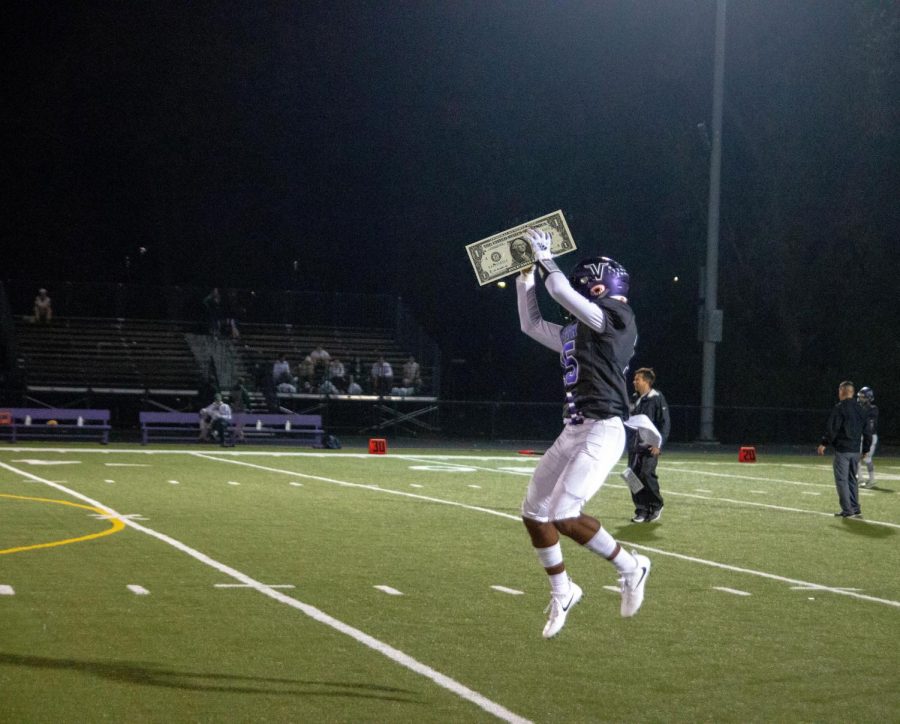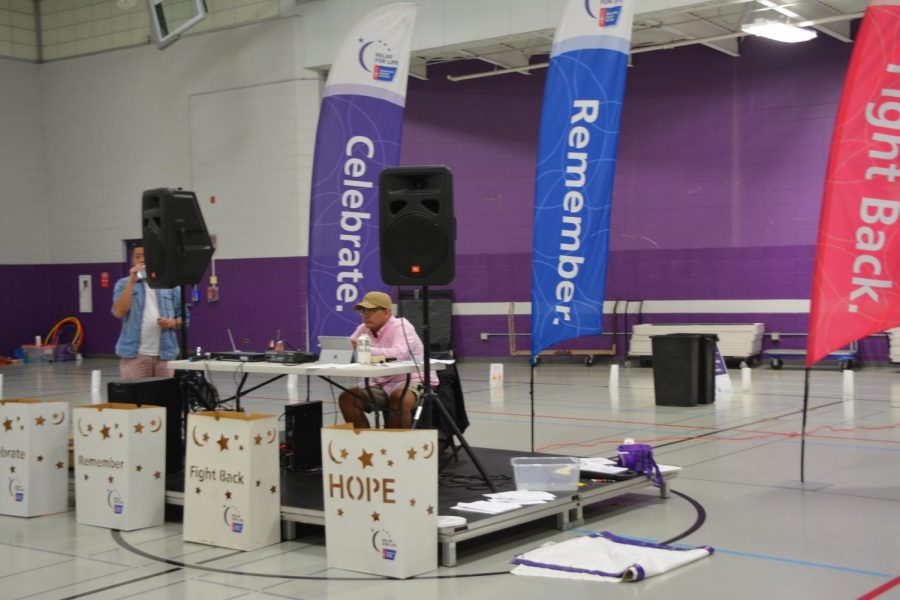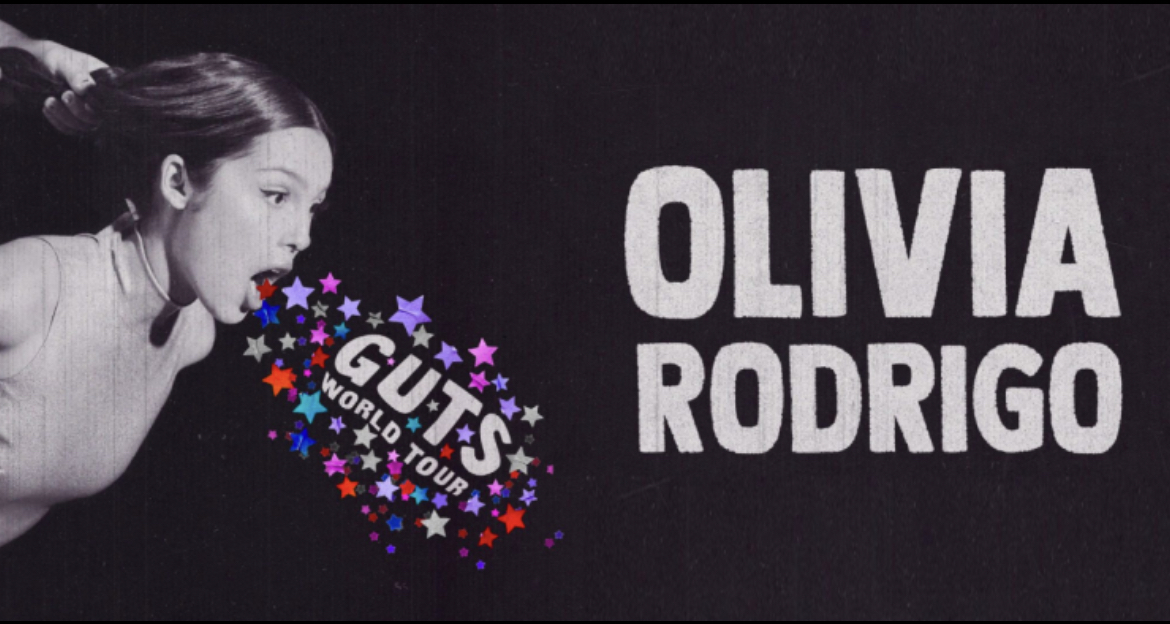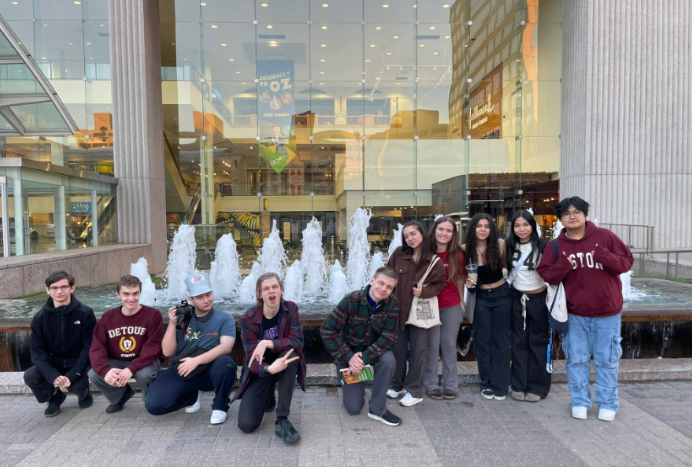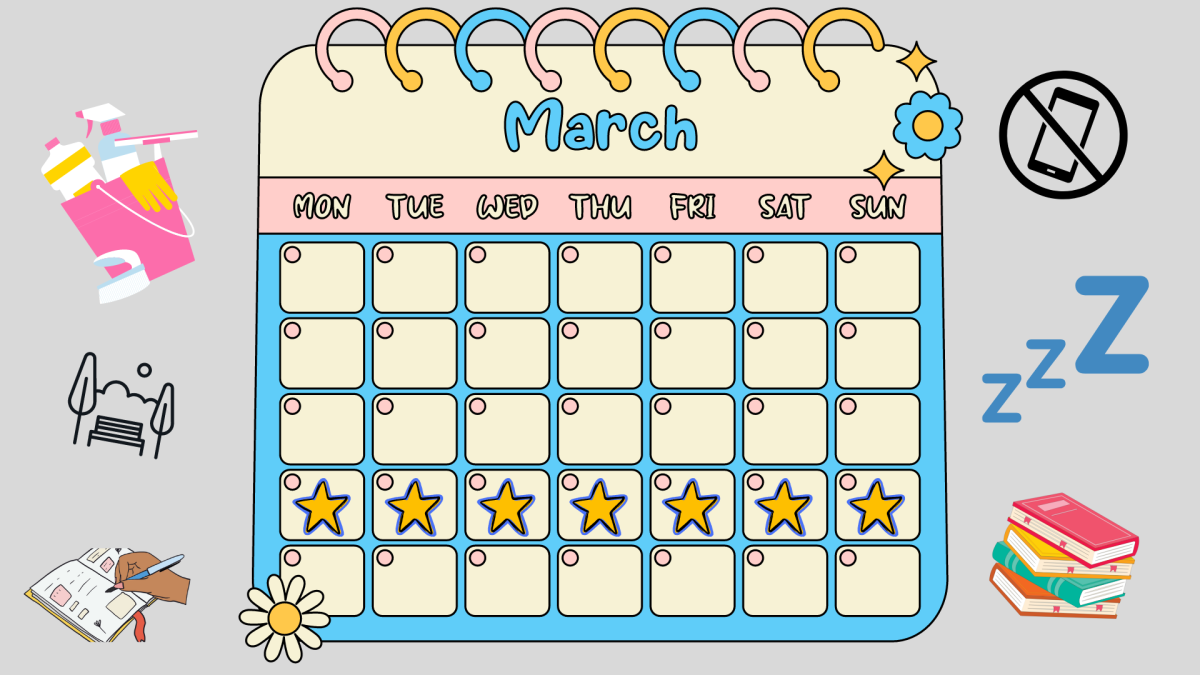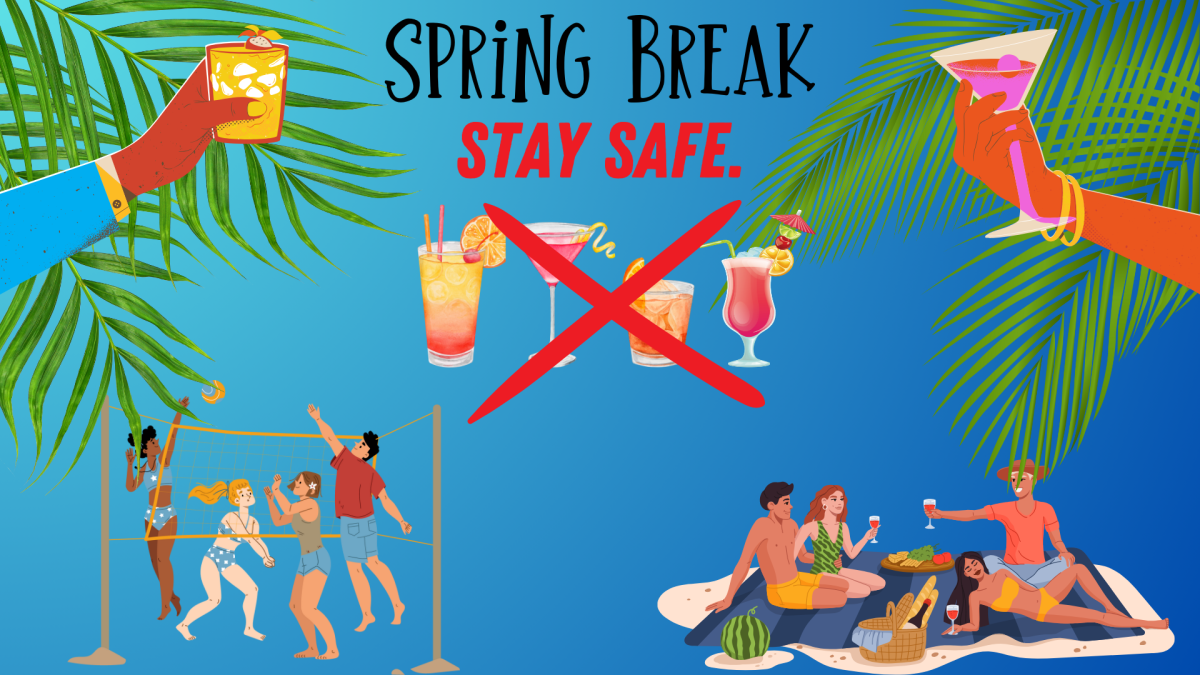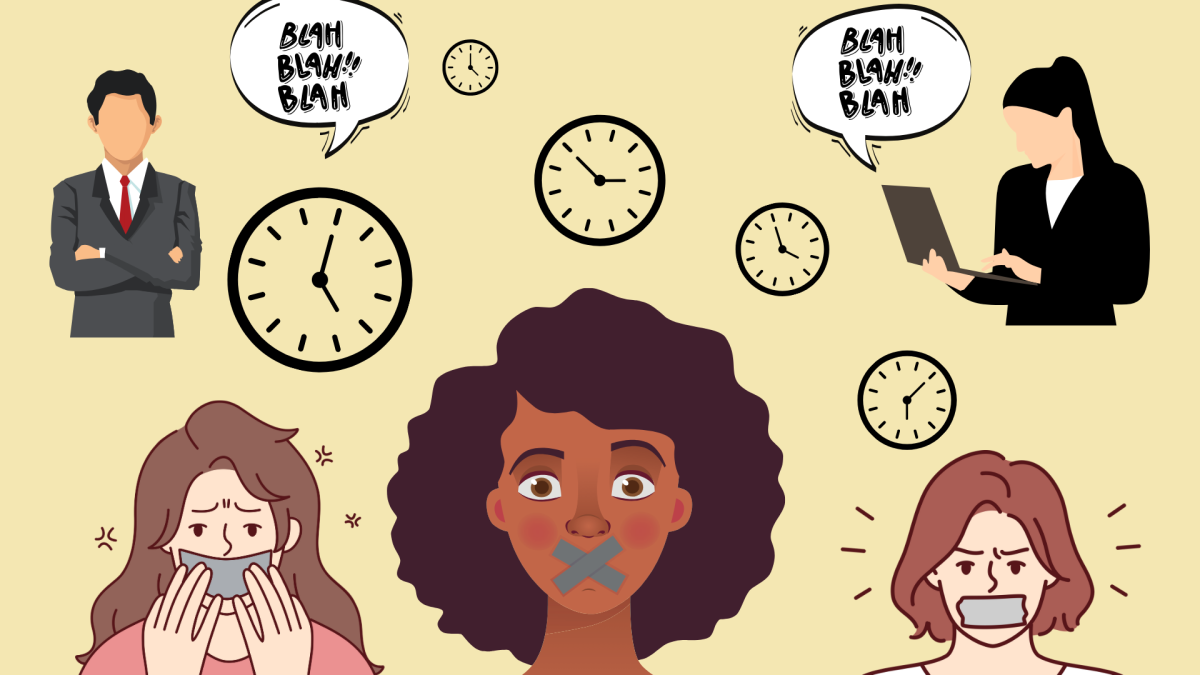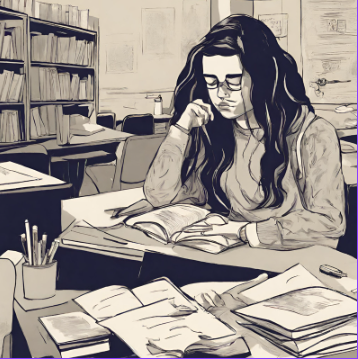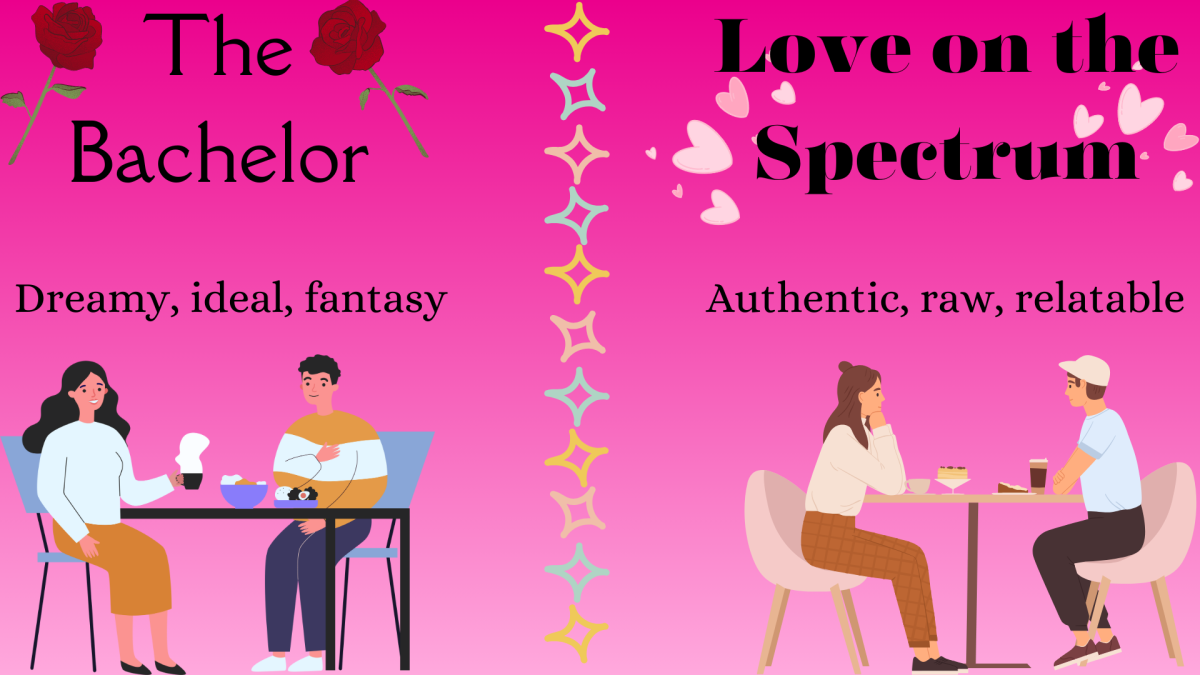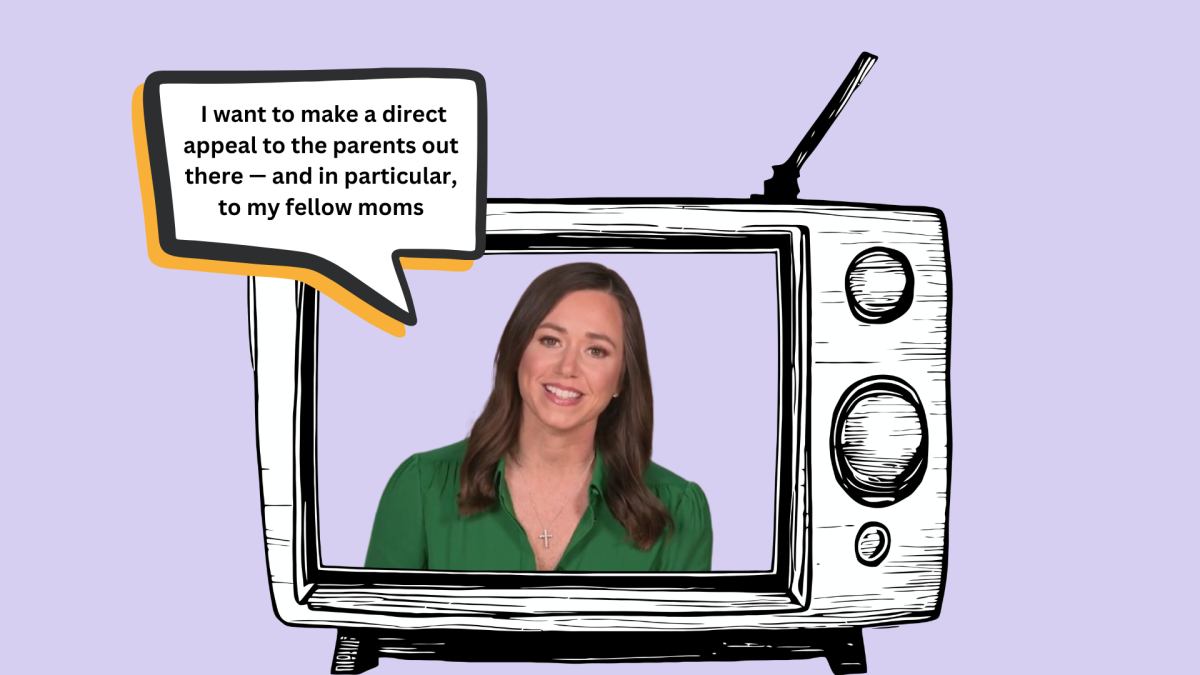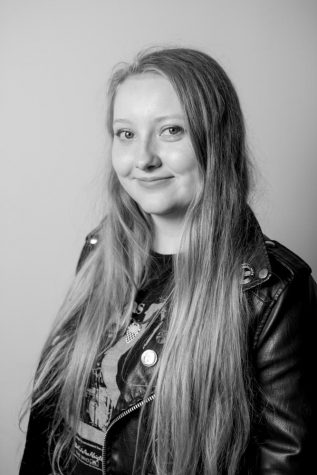In honor of Banned Book Week being celebrated around the world, and in our own library, I bring to the table one of the most controversial books to ever be written: Anthony Burgess’ A Clockwork Orange.
Written in 1962, and set in the vague future, A Clockwork Orange is narrated from the perspective of a young boy as he goes through his teenage years. He isn’t quite like any teenager nowadays, however. His day starts off with excuses for him to stay home from school, to which his clueless mother calls him in sick. As soon as his parents leave, he does as well. He’s decked out in the height of fashion, and matched his fellow “droogies”, or gang members. The antics the group got up to following the dimming of the sun were deemed too “violent” and “sexual” for many schools and libraries in the United States, and England.
The whole book is filled heavily with “Nadsat”, a term developed by Burgess for the strange slang Alex, the main character, and his droogies use throughout the book. Being a gang, and involved in robbing, theft, rape, and, later in the novel, accidental murder, it’s clear why this book has been banned and challenged over and over again. Most of the spark from this book came after the release of 1971 film of the same same, directed by Stanley Kubrick, with Malcolm Mcdowell in the role of Alex.
While there are many difference between the novel and movie, the main being that the film was incredibly dulled down in comparison to the violence displayed in the book, both have had a serious and dark history. Kubrick filmed and released the movie before the original last chapter was included in a third edition of the novel.
After being caught by the police, and framed by his other gang members, Alex in sent to prison, and later tested on to see if he could be “cured” of his criminal ways. Alex is taught to respond to images of violence and sex with becoming repulsed, sick, and vomiting. With this the government displaces him, until he is driven to madness and makes an attempt to end his own life. THis didn’t succeed, and neither did his “treatment” in the long run. It wears off and in the final lines of the original novel he makes this remark: “And there was the slow movement and the lovely last singing movement still to come. I was cured all right.”
This novel challenges the ideas of nature vs nurture, and whether Alex was born evil or if he could be changed, and if he could be changed, was it already too late? After reading multiple times, Burgess is clearly saying that no one can change by an outside force. They need to change themselves; no torture or pure pressure can alter a person without them accepting it. He says that there is always a way to combat outside forces and remain who you are. Of course, for some people this would mean staying true to yourself and staying home to study instead of going out partying, but in Alex’s case it was him staying this rotten human being.
Later on, Burgess added another chapter that has Alex meeting one of his old gang members and seeing him grown up, and having a family, while he was still involved in crime. It’s this slight encounter that leaves Alex stunned. He sees that someone like him could change and possibly have a good life. “I knew what was happening, O’ my brothers. I was like growing up. Yes yes yes, there it was. Youth must go, ah yes. But youth is only being in a way like it might be an animal.”
The addition of the last chapter may not excuse the rest of the horrible actions of Alex and his droogs in the novel, but I believe it should have at least given viewers a chance to see the character in a new light, and maybe not challenge this as a banned book for the same reasons. Sure, the language and actions of the gang is not excusable, but i also think many people want it banned for the fact that it glorifies Alex’s actions. In the end, he flat out says that the things he did were wrong and I believe that added a lot to the overall perception of the main character.




